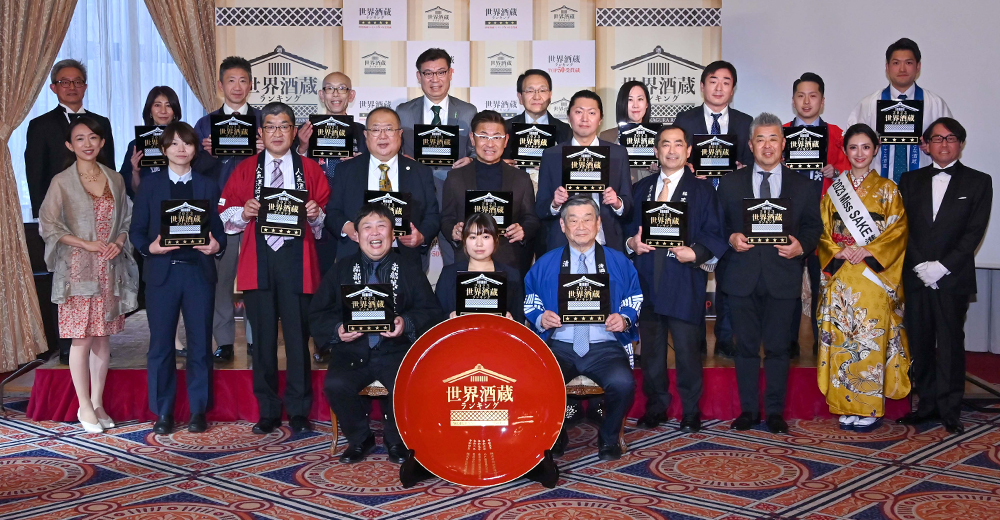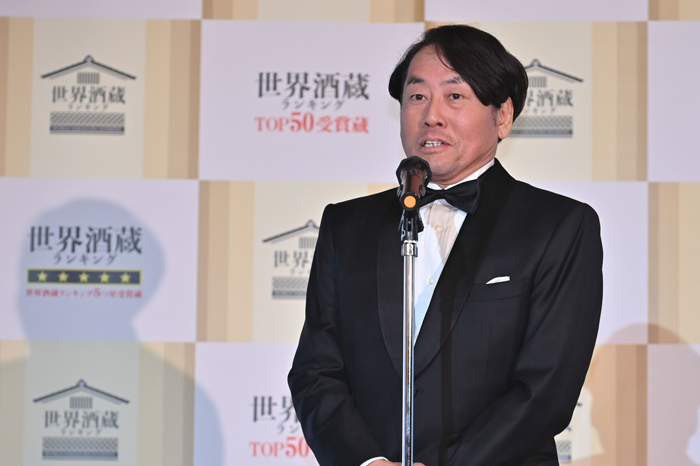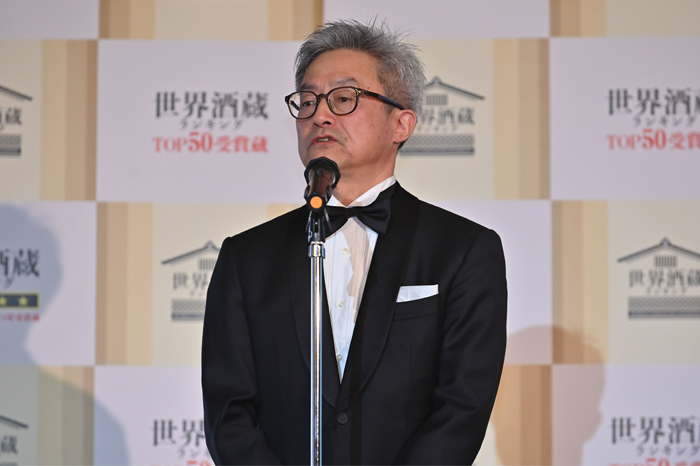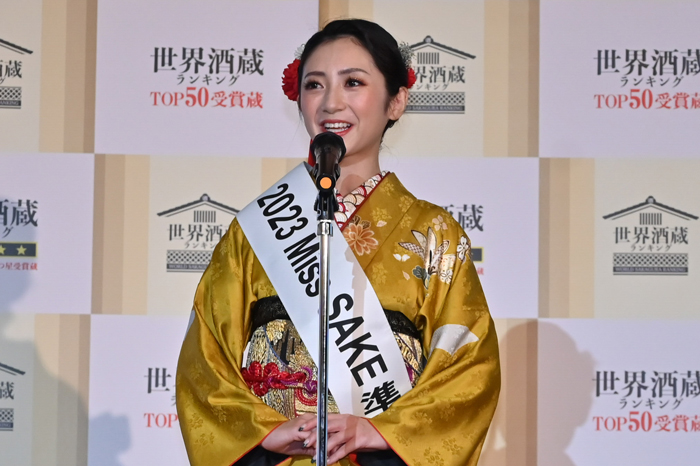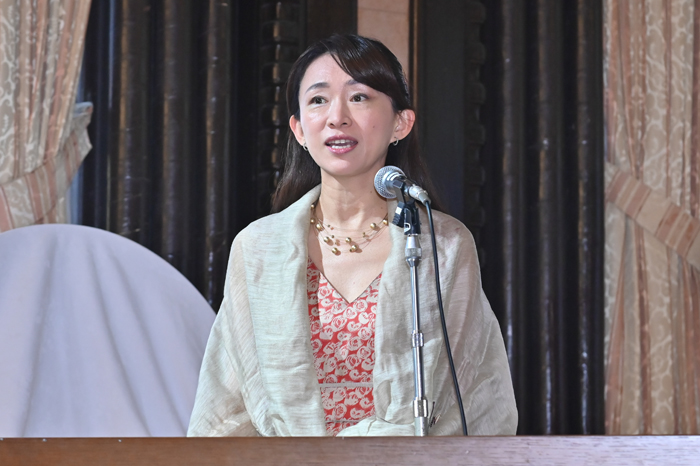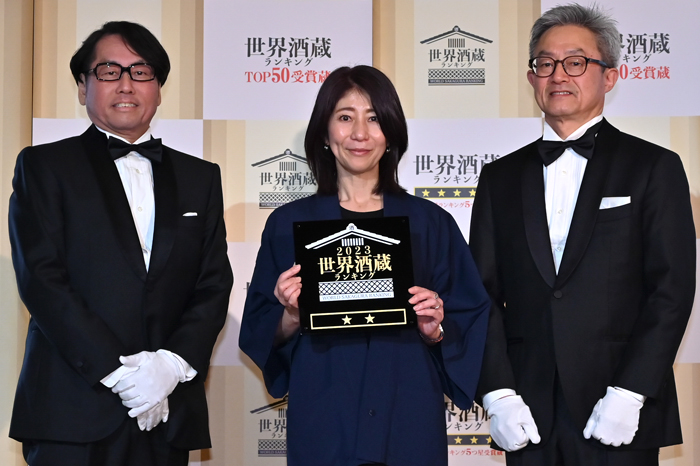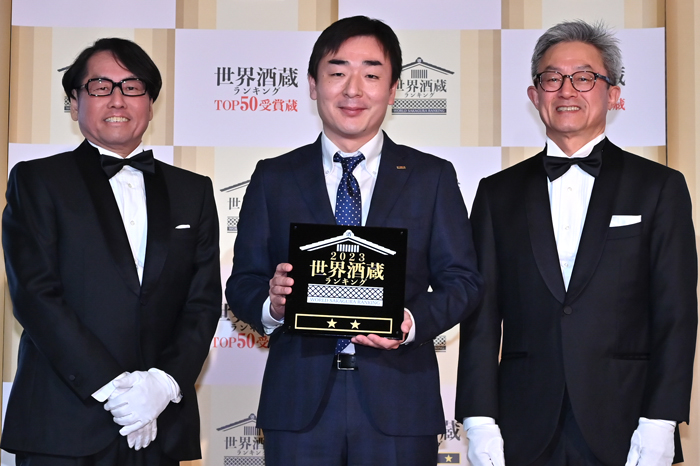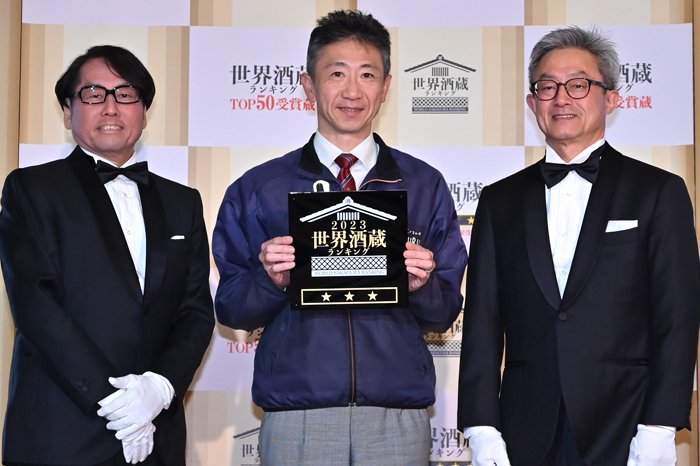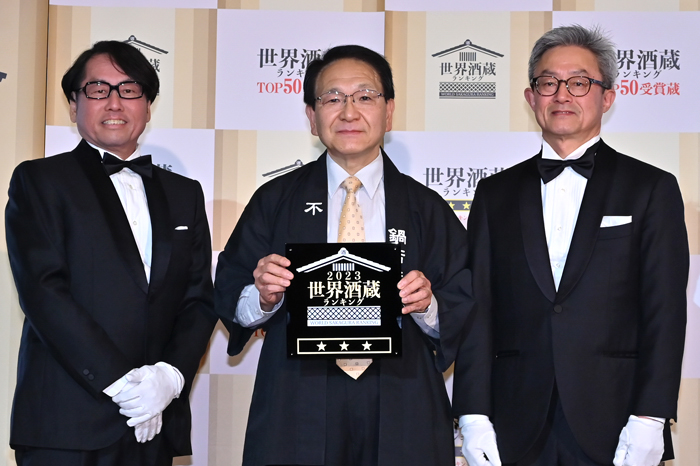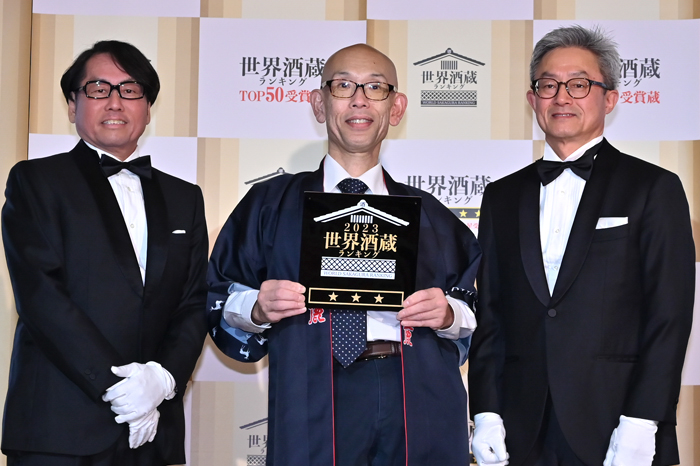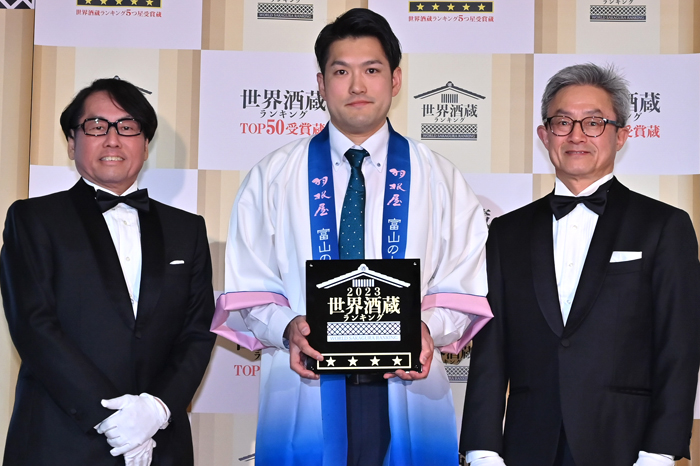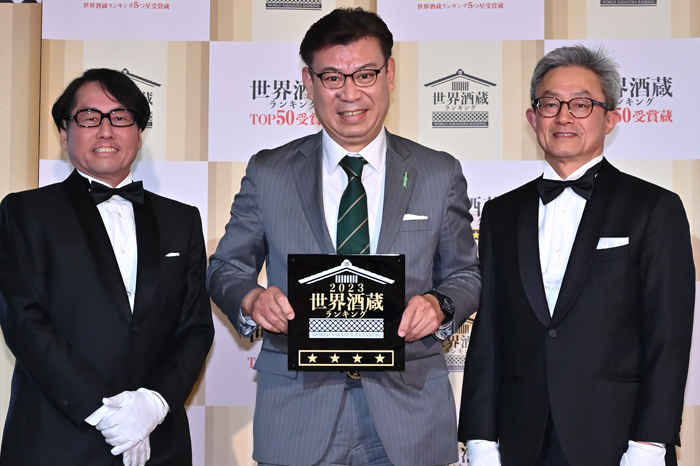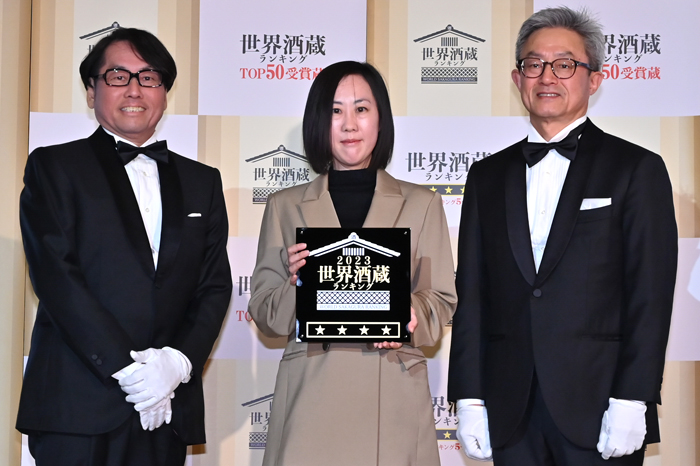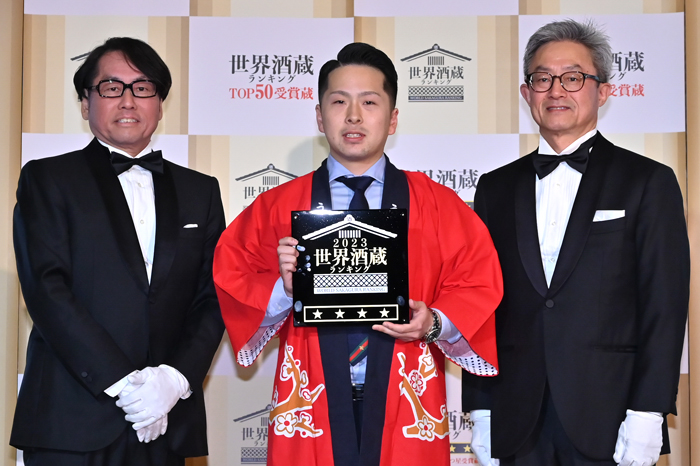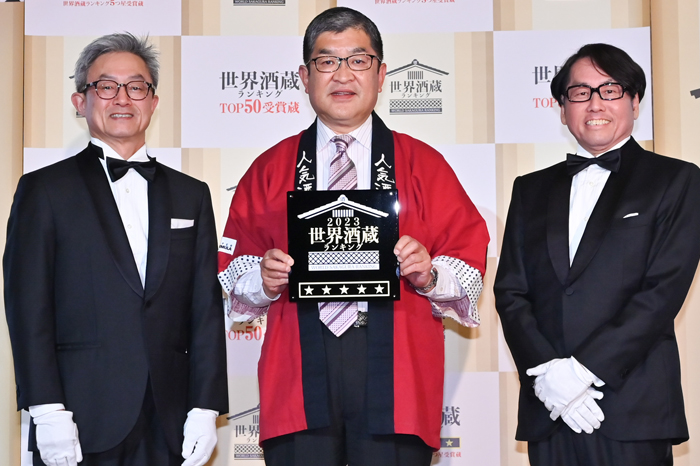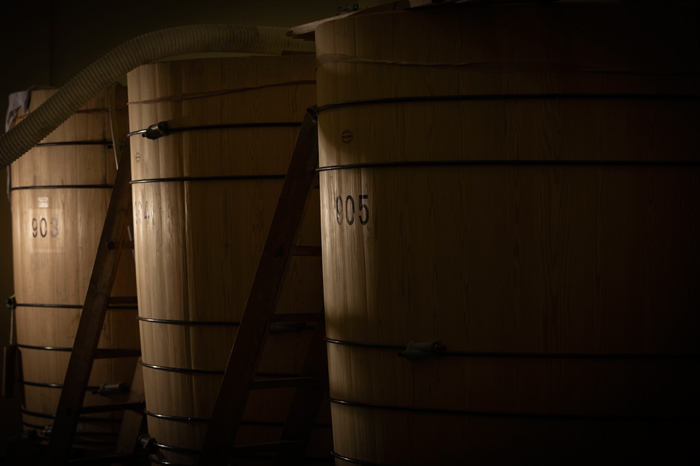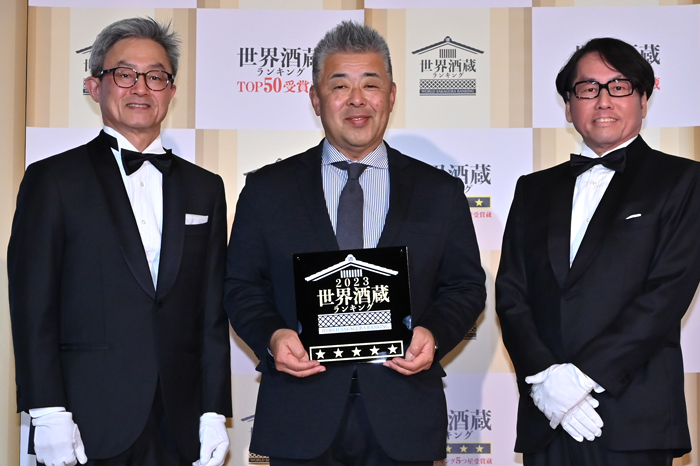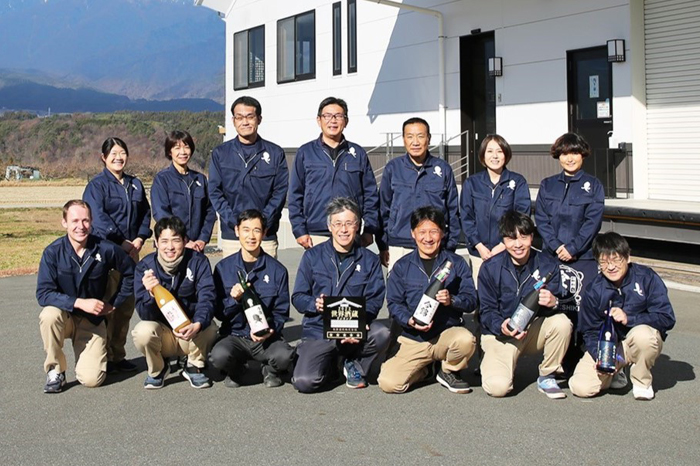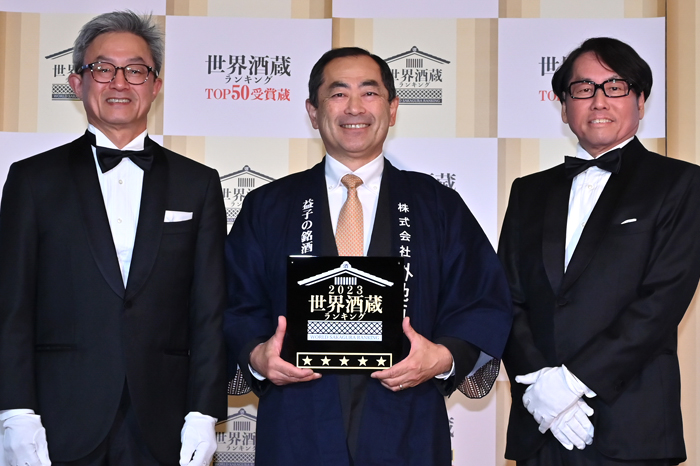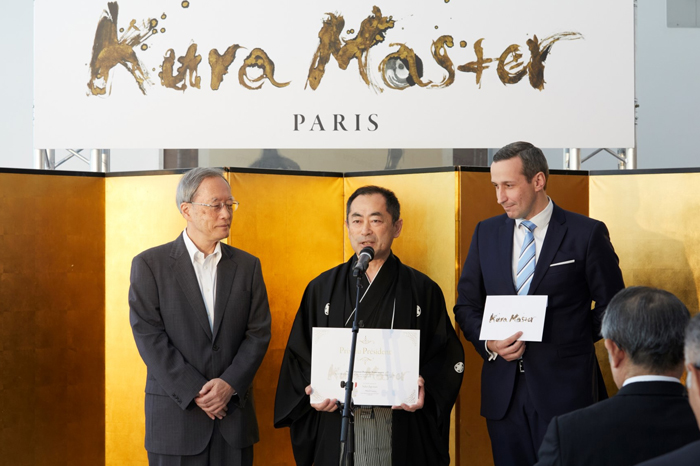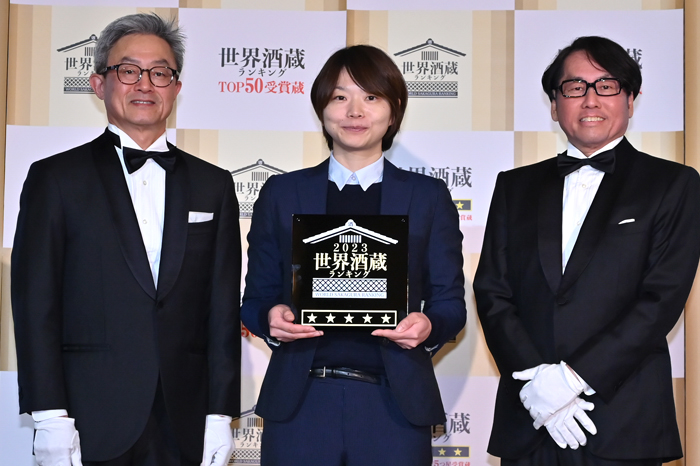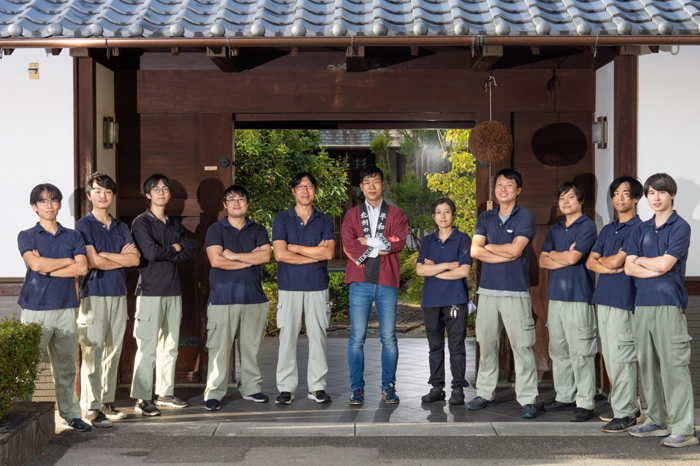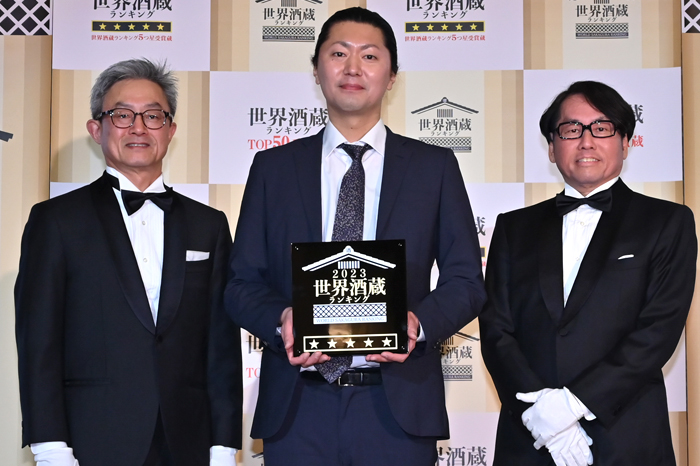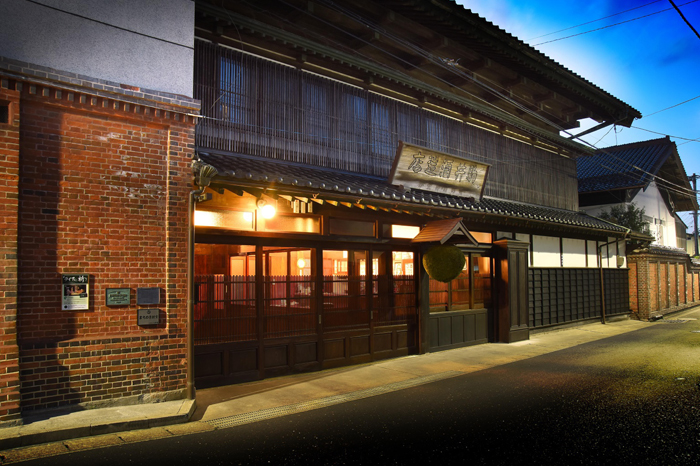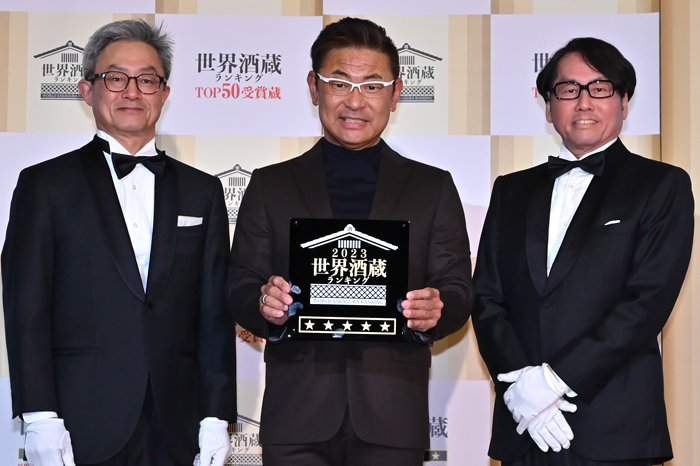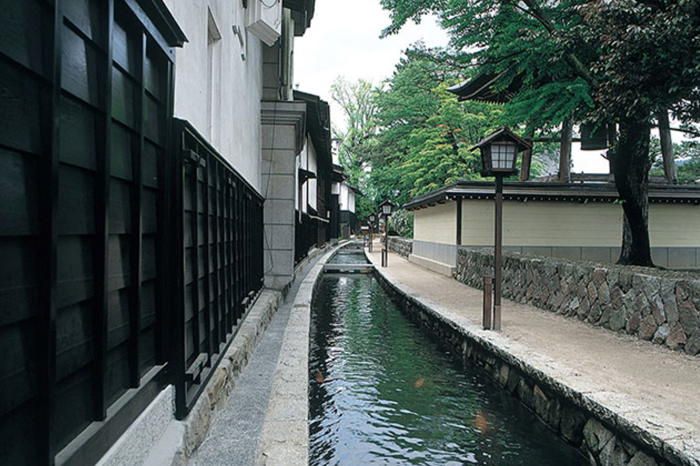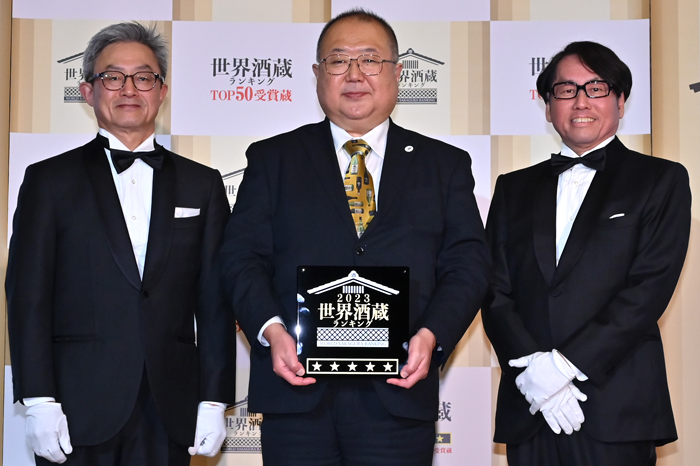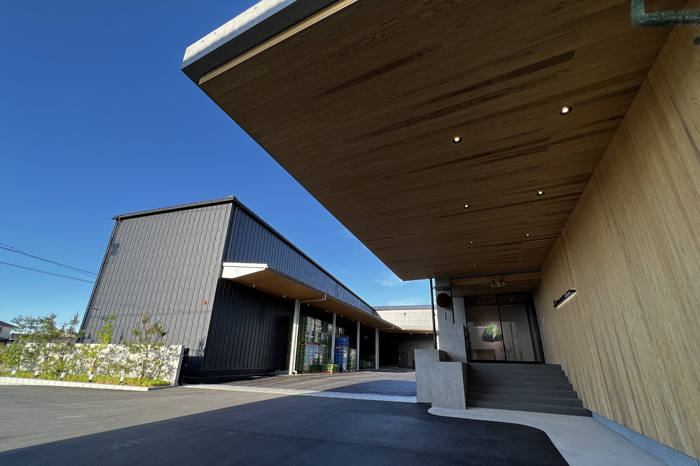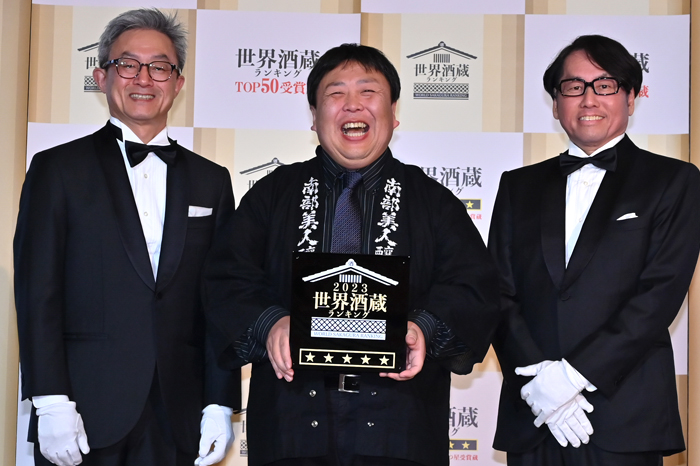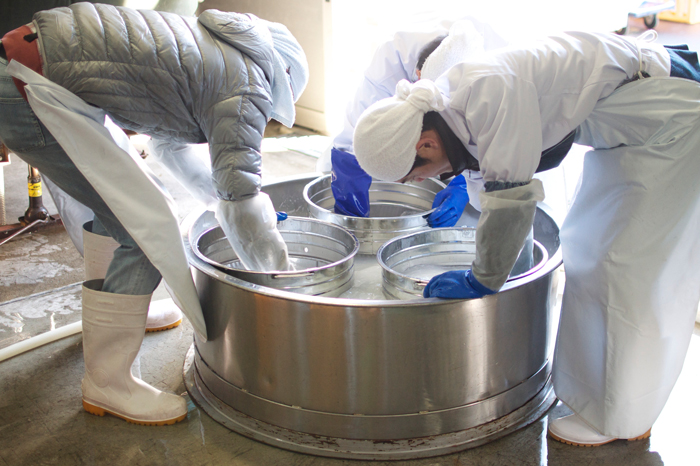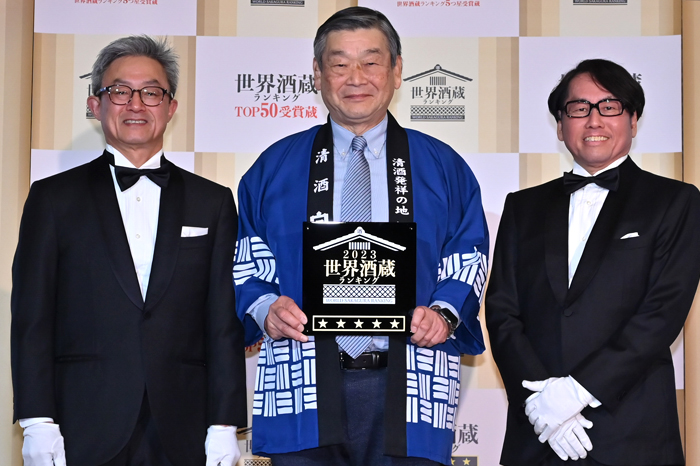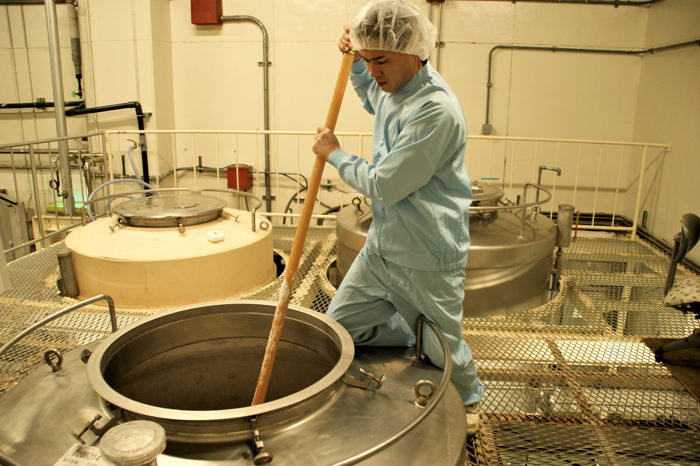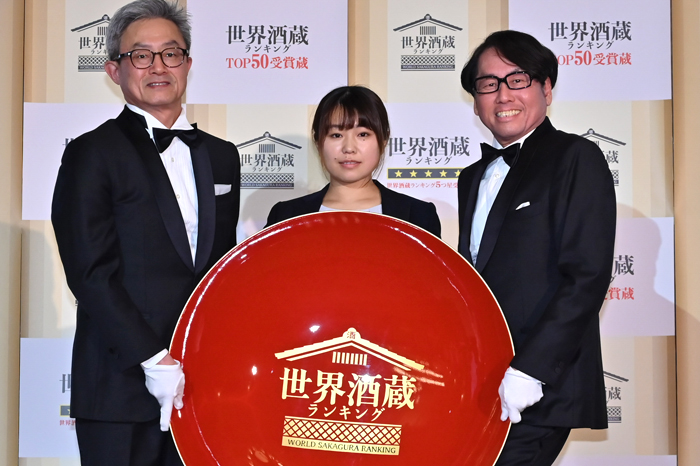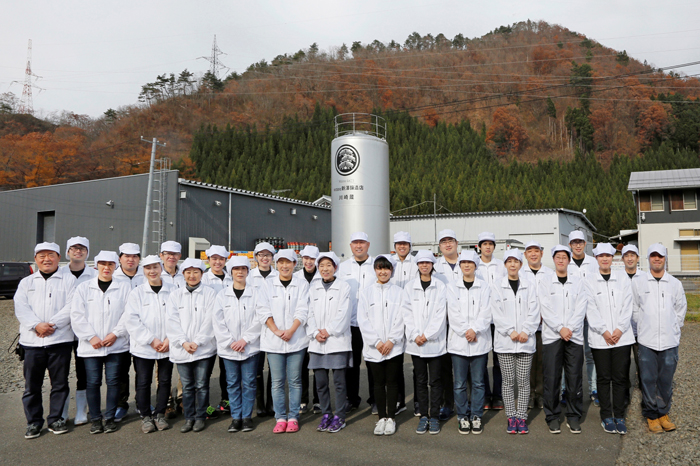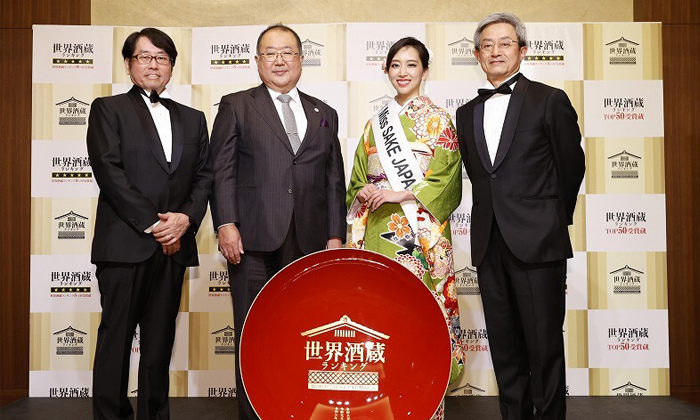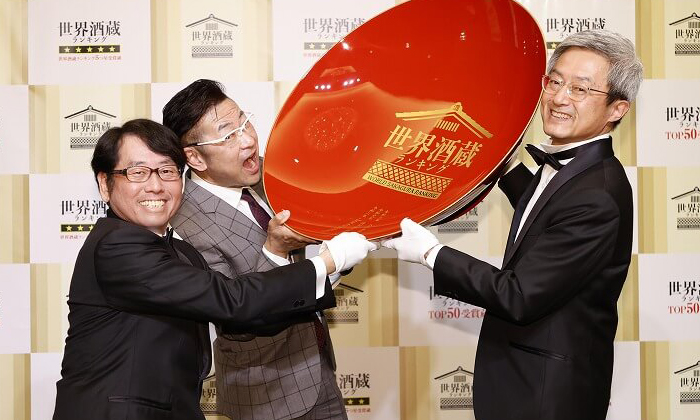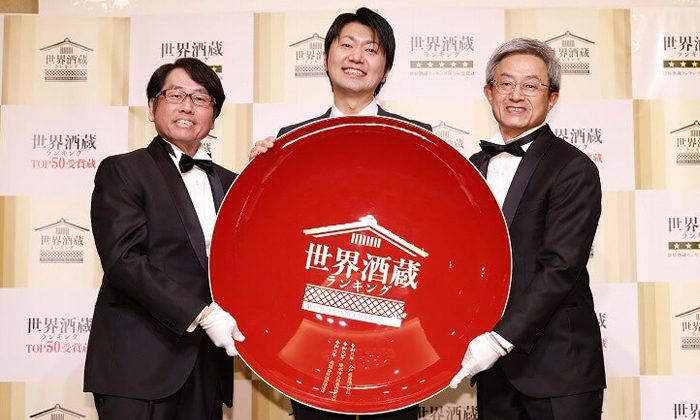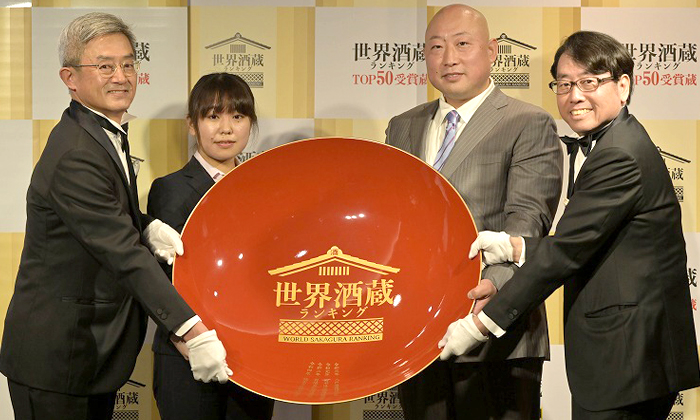
This system assigns points to awards from international sake contests, and ranks the winners accordingly. There are over 1,500 sakagura around the world now, and this ranking only applies to the top 50 scorers. As this system makes it difficult to achieve ranking without a high level of resolve to develop a sakagura’s business, as well as investing in equipment, skills, ingredients, and staff, we find it strongly represents real quality.
Naturally, readers should understand that since the ranking is based on contest results, any sakagura that doesn't submit to the contests will not be ranked.
All of the contests including in the scoring are judged through blind tasting evaluation by professionals, rather than a popular vote. The ranking is all the more trustworthy because the number of submissions, number of awards, judges, and judging method are all public.
Recently, sake contests are no longer limited to Japan alone, but have been happening all over the world. These international venues offer excellent opportunities to understand local tastes, to teach ambassadors who will help spread interest in sake, and create new fans. We hope to support the accurate and fair evaluation of sake as these continue.
Now, one does also wonder why sakagura submit to contests in the first place. After interviewing many kuramoto, or brewery owners, who do so, we've found the three biggest reasons are:
One could say that the active pursuit of contest submissions is a sign that the kuramoto is dedicated to growth and development.
This ranking is presented to offer a guide to those who are unsure of how to choose a sake. The awards are given to individual products, and it's not uncommon for a product that receives a big award to sell out almost immediately. However, buyers also often find that shelves might be empty of an award winning label, but still hold others from the same sakagura. In that situation, this sakagura ranking can offer an objective guide to choosing sake made by award winning sakagura. By focusing on products from sakagura that earn a lot of points can make it easier to choose, and is likely to help increase the chances at finding delicious sake.
Points are figured based on awards from eligible contests, and a total of up to 3 high scores in each category each contest are calculated for each sakegura. Each sakagura is then awarded an additional score for awards in the Annual Japan Sake Awards (Zenkoku Shinshu Kanpyokai) and in The Sake Awards by each regional taxation bureau of the National Tax Agency of Japan before ranking.
Number of Sakagura: 701 /
Number of Award-winning Sakes: 2,606
This is the longest-running sake competition in Japan, and is sponsored by the National Research Institute of Brewing and Japan Sake and Shochu Makers Association. By evaluating all of the year's new sake, this competition helps to clarify the current level of manufacturing technique, sake quality, and modern trends all over Japan, which can help support the further improvement of sake brewing.
Note: When a single brewery submits products from multiple facilities, only the single highest award is added to point totals.
11 sake competitions are held by the taxation bureaus of each area.
(Sapporo Sake Awards、Tohoku Sake Awards、Kanto-Shinetsu Sake Awards、Tokyo Regional Sake Awards、Kanazawa Regional Taxation Bureau Sake Awards、Tokai Sake Awards、Osaka Sake Awards、Hiroshima Sake Awards、Shikoku Sake Awards、North Kyusyu Sake and Shochu Awards、South Kyushu Sake and Shochu Awards)
Since each regional competition has different judging categories, points are awarded for the "Ginjo (Sake)" category, which is common to all.
This award is intended to recognize the unique way that drinking sake warmed, called kanzake, can help to increase the perception of umami while softening mouthfeel.
This contest was established to spread the practice drinking sake from wine glasses for increased consumption at non-Japanese restaurants, in foreign markets, and among younger drinkers.
This sake competition is run by French sponsors for French customers, and the judges include professional sommeliers working in France. One goal of this competition is to help increase the acceptance of sake as an accompaniment to French cuisine, in consideration of how well it matches gourmet cuisine of all sorts.
The IWC is the world's largest wine competition. The sake category was established to help increase awareness and drinking of sake abroad. It was introduced in 2007, and the World Sakagura Ranking now includes all sakes that have been recognized since then.
The aim of this competition is to determine the most delicious commercially available sake in Japan, and to create standards to help show that sake is a great choice for meals all over the world to promote its adoption as a meal standard. It has the largest submission numbers of any competition.
The U.S. National Sake Appraisal has been held annually since 2001 and is the oldest sake appraisal conducted outside Japan. Eleven judges -usually nine from Japan and two from the U.S.- evaluate approximately 500 sake entries over three days following traditional Japanese judging procedures. Following the Appraisal all entries are presented for public tasting at The Joy of Sake in New York and Honolulu.
The sake contest is judged in Milan, Italy by Italian sommeliers, bartenders, and other experts in the fields of sake and food, who are also certified sake sommeliers. In addition to sake tasting, the food pairing judging with Italian cuisine popular among Japanese people, and package design judging by designers in Milan, a city of fashion and design.
All breweries from 1st to 50th place are awarded a star ranking. The star rankings are divided by range, as follows.

These Sakagura Rankings are based on results earned at the year's sake contests, so the more awards won the more points awarded.
To recognize breweries that can consistently offer high quality sake, we list here the top 50 winners.


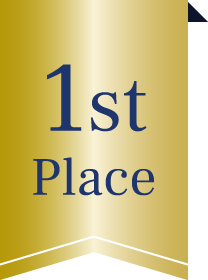
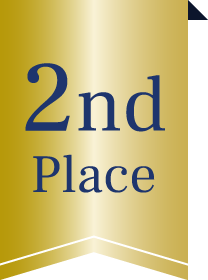
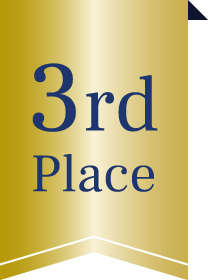
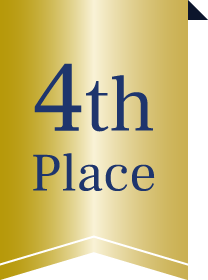
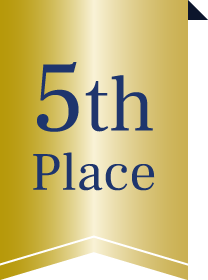
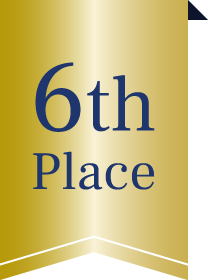
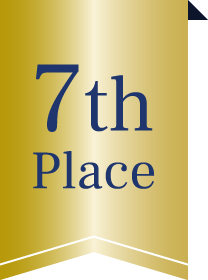
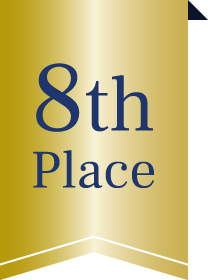
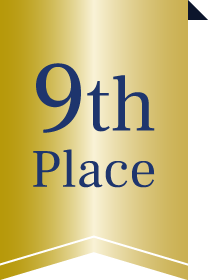
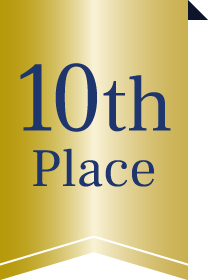








The WORLD SAKAGURA RANKING 2023 certification ceremony was held at Gakushi Kaikan (Chiyoda-ku, Tokyo) on Monday, December 11. Nineteen of the 50 rated breweries attended the ceremony, and were presented with certification plates by chairpersons Yujin Yusa and Toshiaki Yamada. The brewery with the highest ranking will receive a commemorative sake cup with the company name written on it and will be lent a commemorative sake cup for one year.
